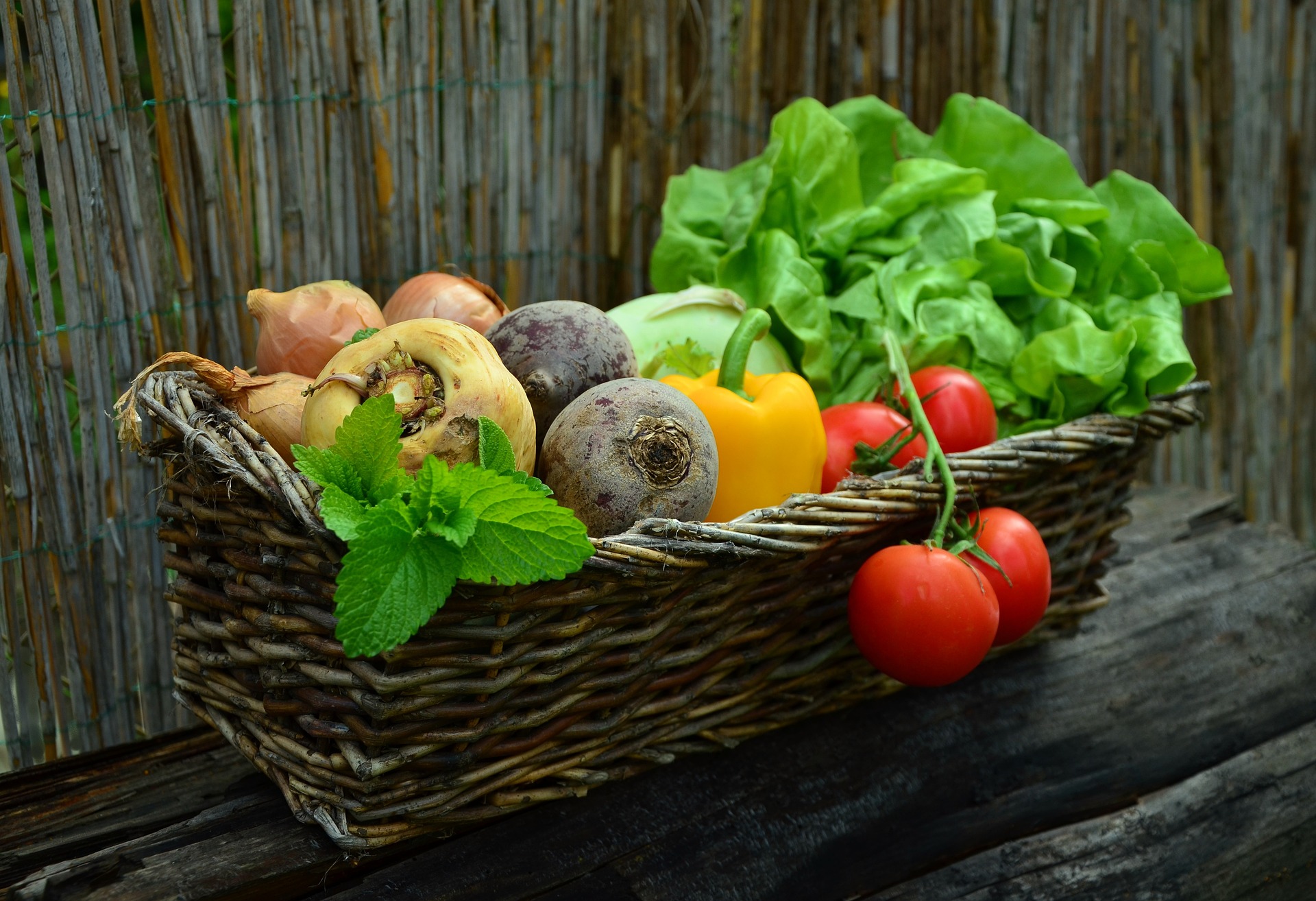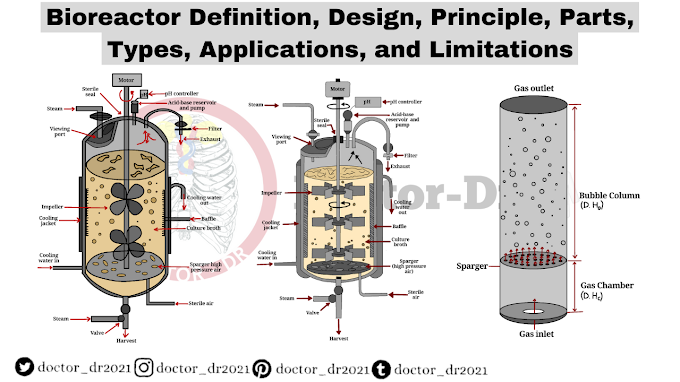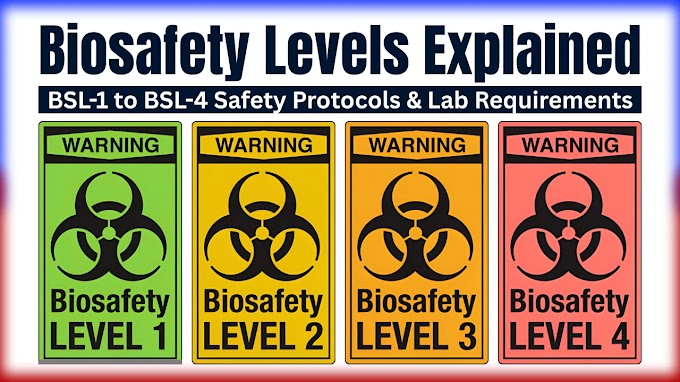Looking to Maintain a Plant-Based Diet? Here are the Healthiest and Most Nutritious Foods to Eat!
Even if you have never adopted a strict vegan or vegetarian diet, it’s likely you know someone who has made the switch to eating more plant-based products in recent years. Whether it’s because they don’t enjoy the taste of meat or that they are concerned about the impact their consumption habits have on the environment, plant-based products and medicine are gaining popularity around the globe. But how do plant-based products like fruits and vegetables stack up against those that come from animals? Are all of them equally nutritious? What should you prioritize if you want to maintain a healthy, meatless diet?
Grains
In order to maximize your plant-based diet, try incorporating these six grains into your daily intake. Quinoa is high in protein, which will give you energy throughout the day. This grain is loaded with fiber and has an excellent flavor that goes well with most any dish. Buckwheat is another gluten free grain that can be used for breakfast or for making pasta or breads. It contains lots of nutrients like manganese, magnesium, potassium and protein. Amaranth contains more iron than other grains as well as calcium, lysine (an amino acid), vitamin B2 (riboflavin) and protein. It's also one of the rare plant based sources of complete protein containing all nine essential amino acids our bodies need but can't produce on their own.
legumes
Look for foods that have little or no animal products, such as tofu, tempeh, beans, rice, soy nuts. Beans are very high in fiber which is important for digestive health. Rice is high in iron which helps with our red blood cells and makes us feel more energized. Soy nuts are also high in protein which can make you feel more full for longer periods of time. Tempeh is also another great option because it has probiotics that help with digestion and yogurt provides probiotics too! Vegetables like broccoli and cauliflower are great sources of vitamin C which helps protect against illness especially during flu season. Cook vegetables instead of eating them raw to get more out of them.
Nuts and seeds
For anyone looking to maintain a plant based diet, it can be hard to know what foods provide the most nutritional value. Nuts and seeds are an excellent source of protein, healthy fats, vitamins, minerals and more. They're also easy to carry around with you for those on-the-go moments.
Vegetables
The most nutritious foods to eat while on a plant-based diet are fruits, vegetables, legumes, nuts and seeds. These foods provide vitamins, minerals, antioxidants and phytochemicals that can help prevent disease. Fruits and vegetables contain many of the same essential nutrients as animal products but without all of the fat or cholesterol. Fruits such as blueberries (10% DV) or strawberries (10% DV) can be eaten fresh or in smoothies with other ingredients like greens or bananas. Vegetables such as broccoli (6% DV) contain vitamin C which is an antioxidant that helps protect cells from damage caused by free radicals.
Fruits
There's no shortage of plant based health foods. Beans, nuts, seeds, whole grains and vegetables are just some of the easy-to-find items that you can use in your diet. Some fruit is also great for you such as blueberries, grapes, bananas and oranges. You can also find plant based collagen which is made from plants or herbs.
Oils
The use of plant oils is not only inexpensive but can be
used as preventive medicine. Plant-based milk has been shown to have many
benefits for those who need to maintain a plant-based diet. It is also rich in
foodborne antioxidants and cad, which can help prevent illness from spreading.
#1: Coconut Oil
Coconut oil is one of the most abundant sources of lauric acid, which prevents harmful viruses from attacking cells in your body by attaching themselves to them. Lauric acid also helps with skin health. The more healthy fats that you consume, the more your body will produce its own fatty acids like monounsaturated fats, which protect against cardiovascular diseases like heart attacks and strokes.













